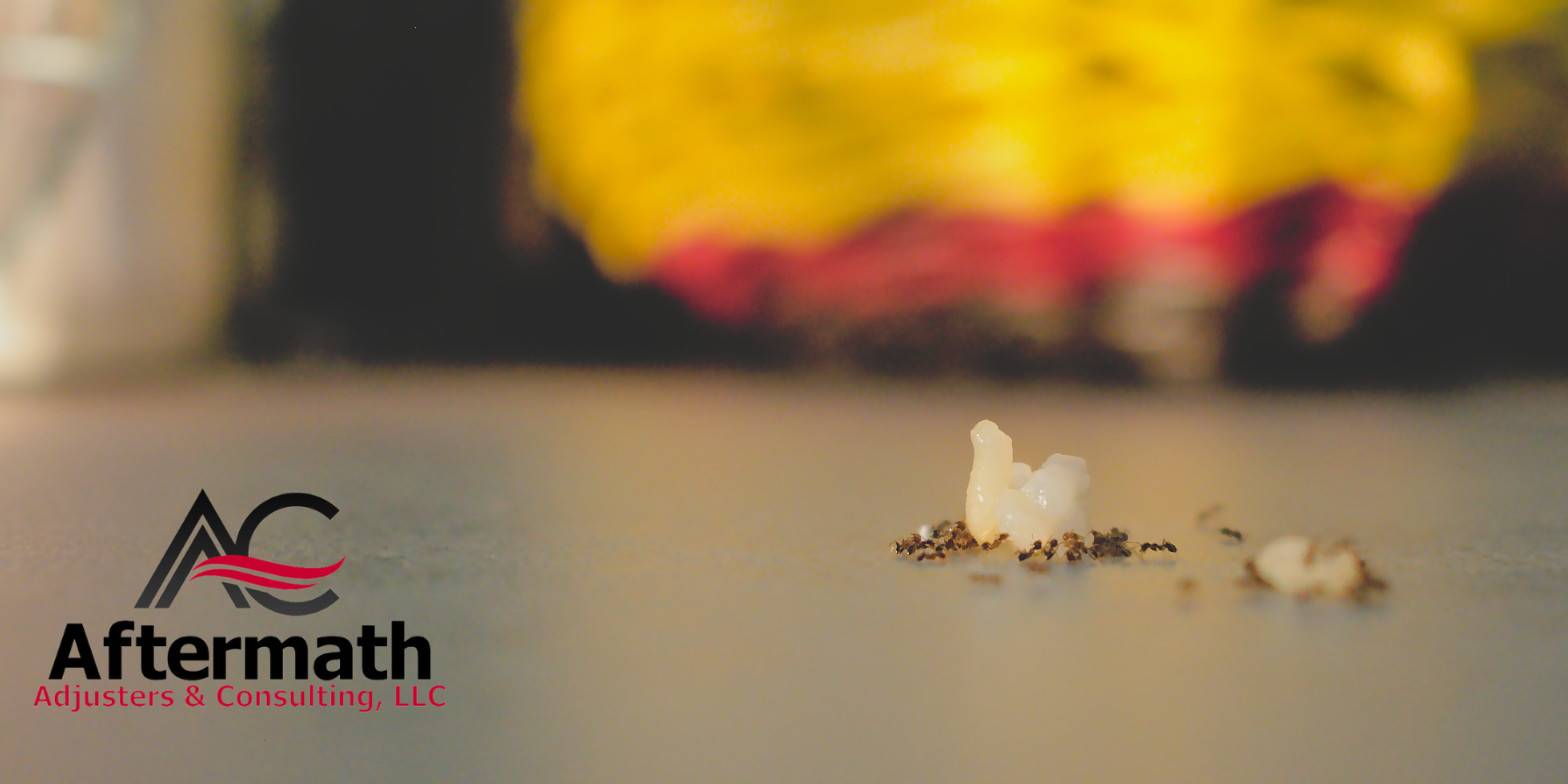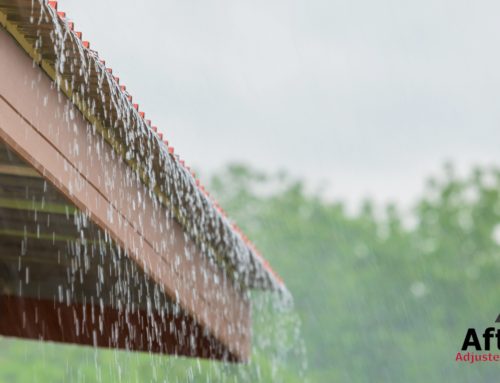As the temperatures begin to rise, insects become more active. In Florida, spring is the time when bees, wasps, and other stinging insects mate. Plus, because of the spring rains, mosquitoes begin to lay their eggs in pools of water. Finally, ants begin building nests. With all of this activity, it is good to understand what you can do to limit insect infestations, since insects can cause damage to your home.
Here are four things you can do.
Pay Attention to Signs of Insects
There are many signs of insects that can help a homeowner understand that their home is experiencing an infestation.
- See insects within or around your home. Typically, there are more insects hiding than can be seen. So, if you see one cockroach, for example, you are likely to have a lot more hiding within the walls of your home.
- Find droppings. Insects leave feces droppings near where they nest. Each insect has a different type of dropping, but if you notice things that look like small balls, cylinders, or even flakes of pepper, this could be insect droppings. Large amounts of droppings usually indicate a larger infestation.
- Find egg cases. Many insects, such as cockroaches, lay eggs in cases. You are likely to find egg casings near a water or food source such as near leaky pipes, in cabinets, or under the edge of the refrigerator.
- Discarded body parts. Another way to know that you have an insect problem is when you find things like wings or legs. You may notice these on the floor when you sweep or on the window ledge.
- Homes and nests. Some insects build visible nests such as mud tubes. Others eat wood, leaving damage behind.
Trim Plants and Shrubs
Keeping plant life away from your home will help keep pest under control. Here’s why:
- Some insects, like ants, will use tree branches to gain access to the upper levels of a house
- When shrubs are too close to your home, it can create damp conditions perfect for insects.
- Although mosquitos lay eggs in water, they tend to live in thick vegetation.
Clear Away Debris and Keep Lawn Clean
In addition to trimming trees and shrubs, a homeowner should get rid of debris that can be used as a breeding ground for insects. For instance, carpenter ants and termites both like moist wood or thick mulch. Such piles of debris can also be home to earwigs, silverfish, and roaches. Additionally, insects love an overgrown lawn, especially ticks and fleas, as well as any insects that like to hide.
- Stack dry wood
- Remove wet or decaying wood
- Bag up or burn leaves
- Make sure any debris piles you wish to keep are far away enough away from your home
- Mow regularly
Clean Gutters
Gutters often fill with leaves and debris. This creates the perfect home for most insects. The best way to eliminate this environment is to clean gutters in the spring and fall.
Insects can cause a lot of damage to your home’s roof, insulation, hardwood, and even foundation. Unfortunately, much of this damage is not covered by insurance. That’s why it makes sense to inspect for insects regularly. If you have suffered home damage from insects, give Aftermath Adjusters & Consulting, LLC a call. We will help you determine what your insurance covers and help you file the claim.









